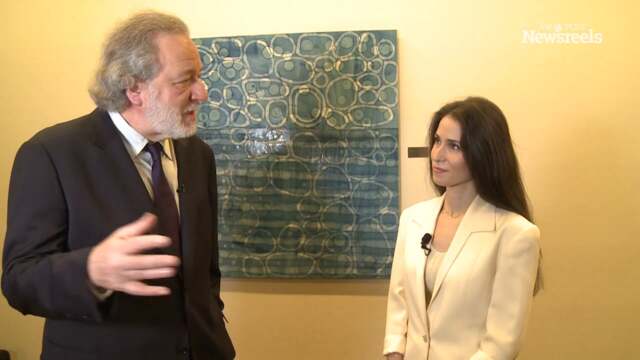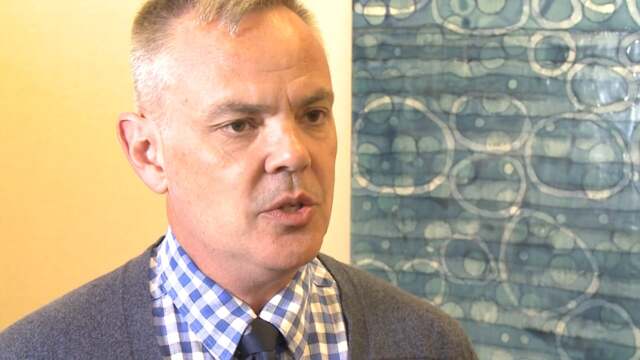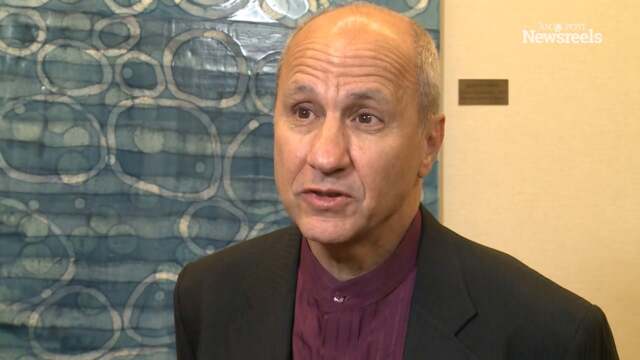Julia H. Rowland, PhD, on The Psychosocial Challenges Cancer Survivors Face
2015 IPOS APOS World Congress of Psycho-Oncology
Julia H. Rowland, PhD, of the National Cancer Institute, discusses the growing number of promising interventions to improve health and function for those living with and beyond a cancer diagnosis, as well as those who care for and about them.
Patricia A. Ganz, MD
Patricia A. Ganz, MD, of the University of California, Los Angeles, discusses the Institute of Medicine report on patient-centered care, its relation to psychosocial services, and the role IPOS/APOS members can play.
Allison J. Applebaum, PhD, and William S. Breitbart, MD
Allison J. Applebaum, PhD, and William S. Breitbart, MD, of Memorial Sloan Kettering Cancer Center, discuss the early days of this new treatment for despair and distress in cancer patients.
Mark Lazenby, PhD, APRN, FAPOS
Mark Lazenby, PhD, APRN, FAPOS, of the Yale School of Nursing, discusses the APOS–ACCC project to screen for psychosocial distress in community cancer centers. These model programs improve patient care and the patient experience.
Matthew J. Loscalzo, LCSW
Matthew J. Loscalzo, LCSW, of the City of Hope, discusses the ways in which a person’s gender influences how he or she reacts to and copes with a cancer diagnosis and treatment.
Robert T. Croyle, PhD
Robert T. Croyle, PhD, of the National Cancer Institute, discusses the research program on the variation in the quality of cancer care, our ability to monitor quality and measure outcomes, and understand the psychosocial aspects of care.





